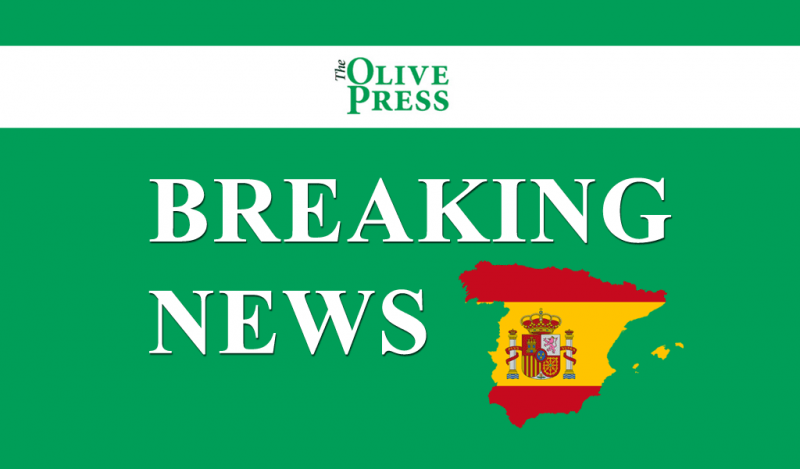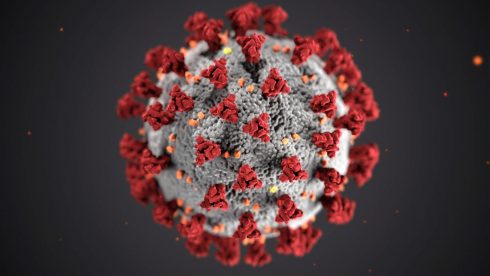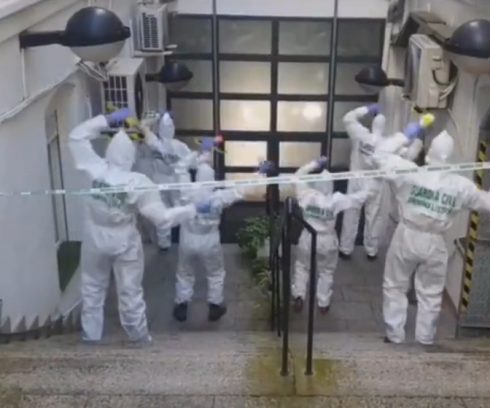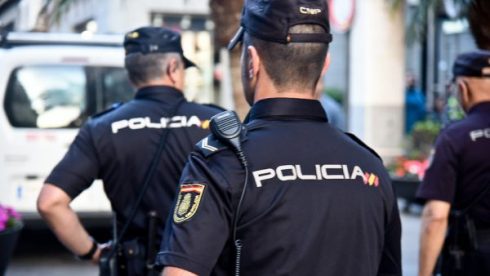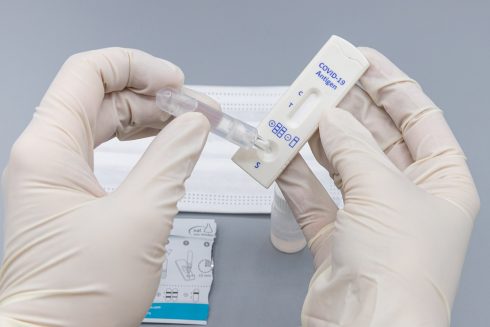“THIS Christmas, we stay at home.”
Those were the words of Health Minister Salvador Illa tonight following his meeting with the leaders of Spain’s 17 autonomous regions and cities.
The extraordinary session had been called to decide what coronavirus measures would be brought in, loosened or lifted over the festive period (December 23 to January 6).
The agreement reached, said Illa, was ‘very consensual’, although he admitted that it had not been unanimous.
So what will be the new rules?
Between December 23 and January 6, ‘we are not travelling between autonomous communities’, Illa said, as all regions will have their borders closed – apart from the Balearic and Canary Islands.
Crossing the perimeters or borders will only be permitted for those travelling to visit family or a loved one/close friend, or for justified reasons already in force i.e. work, legal or medical reasons.
Illa asked that people are ‘responsible’ given that, in theory, the door has been opened for a huge amount of travel between the autonomous communities.
Meanwhile, the current curfews in all regions will remain as they are.
However, they will be extended on Christmas Eve and New Year’s Eve until 1:30 am.
Christmas dinners and lunches on key dates (December 24, 25, 31 and January 1) will have a limit of 10, be it with friends or family.
The Government did not reveal how dinners in private homes would be policed.
Lastly, all large scale events will be banned.
“We are going to avoid crowds this Christmas,” Illa said, “If we have the King’s Parade, it must be static.”
Madrid has already rejected the perimeter closure of the regions, however, setting up another showdown with the central Government.
“It is the only community that has opposed mobility restrictions,” said Illa, adding that the agreement reached at the Interterritorial Council ‘is mandatory’ and is not taken ‘for pleasure or to hinder anyone’s life.’

